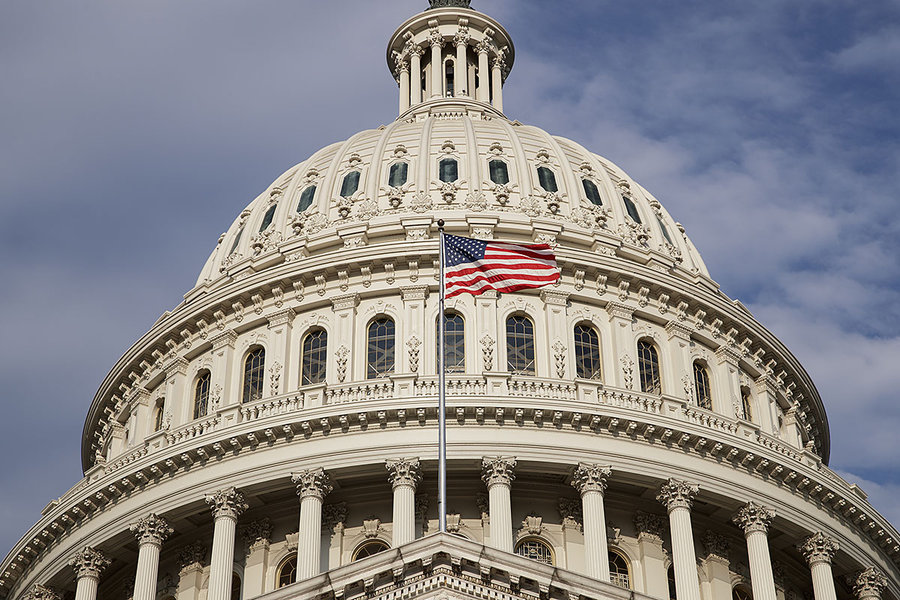On August 23, the Senate passed the fiscal year 2019 Departments of Labor, Health and Human Services, Education funding bill with a bipartisan vote. The chamber also approved a large amendment package that contains dozens of measures from members. Including in the bill was an amendment from Sens. Richard Durbin (D-IL) and Chuck Grassley (R-IA) to require prescription drug advertisements to include prices.
Drug Advertisements and Prices
As reported by Regulatory Focus, and Roll Call the amendment provides the Department of Health and Human Services (HHS) with $1 million to implement rules requiring pharmaceutical companies to list prices of their prescription drugs in direct-to-consumer (DTC) advertisements.
Last year, the pharmaceutical industry spent more than $6 billion in DTC advertisements, and the average American sees nine DTC prescription drug ads each day, according to Senator Grassley. The text of the amendment reads: “A drug that is advertised to consumers without the information required by this section or its implementing regulations shall be deemed to be misbranded.”
Additionally, earlier last week, the Centers for Medicare and Medicaid Services (CMS) sent for review a proposed rulemaking, entitled, “Regulation to Require Drug Pricing Transparency” – though the text of the rulemaking has not been made public.
According to Roll Call in the amendment language that was passed did not necessarily give HHS rule making authority to require price disclosure on DTC ads, only the funds to implement a rule. Also Senator Hatch Chairman of the Senate Finance committee said that he “looks forward to continuing discuss other potential modifications to avoid unintended consequences.”
Other Highlights
The funding bill provides approximately $90.1 billion in discretionary funding for the Department of Health and Human Services, a $2.3 billion increase above the comparable FY2018 level. In addition, the bill includes $711 million for activities authorized by the 21st Century Cures Act. The bill allots $39.1 billion, an increase of $2 billion, or 5.4 percent, above the FY 2018 enacted level. This includes fund increases for certain research initiatives: $2.3 billion for Alzheimer’s disease research, a $425 million increase. This is the first year the bill meets and surpasses the $2 billion funding goal for research laid out in the National Plan to Address Alzheimer’s disease; $500 million for research on opioid addiction, development of opioids alternatives, pain management, and addiction treatment; and $376 million for the All of Us precision medicine study, a $86 million increase.
Overall the Senate approved approximately $3.7 billion on opioid-related programs, an increase of $145 million. Some examples include $200 million for Community Health Centers to support and enhance behavioral health, mental health, or substance use disorder services; $476 million at CDC for opioid overdose prevention and surveillance as well as a public awareness campaign; $500 million for research related to opioid addiction, development of opioid alternatives, pain management, and addiction treatment; and an additional $1.9 billion for the Substance Abuse Prevention and Treatment Block Grant.
Discussion
The House has yet to take up their version of the HHS authorization for 2019. It will be interesting to see what the final version ends up looking like.


